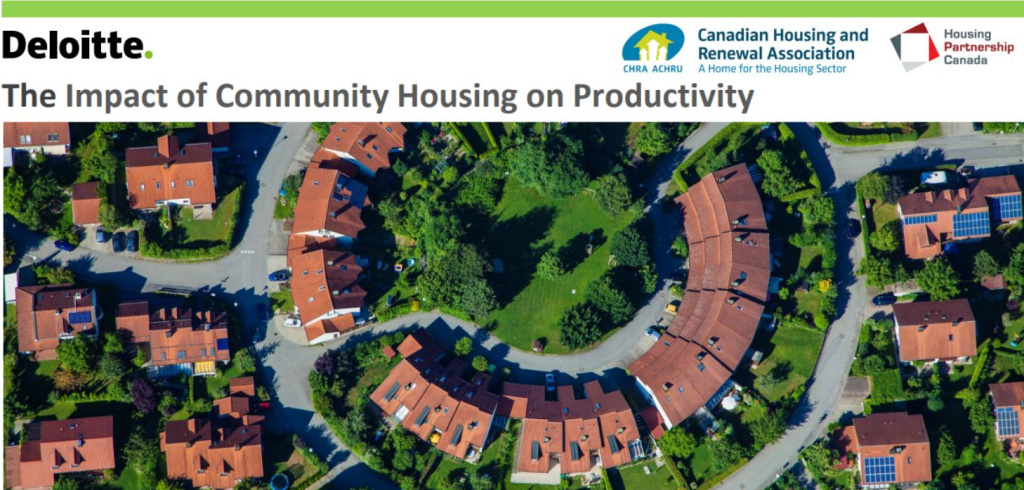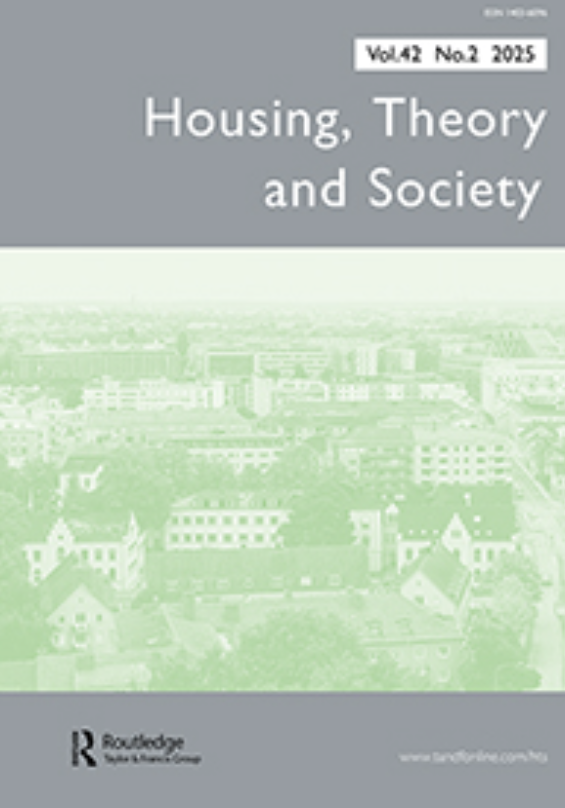
Exploring the “Sense of Home” in Rental Housing Cooperatives-May 2025
This study investigates how residents in rental housing cooperatives in Melbourne, Australia, and Choluteca, Honduras, experience a “sense of home.” Using Social Practices Theory and interviews, the authors uncover how personal, social, and physical elements shape home-making in collaborative living. The findings highlight the role of autonomy, participation, and resilience in building meaningful homes outside market-driven models.
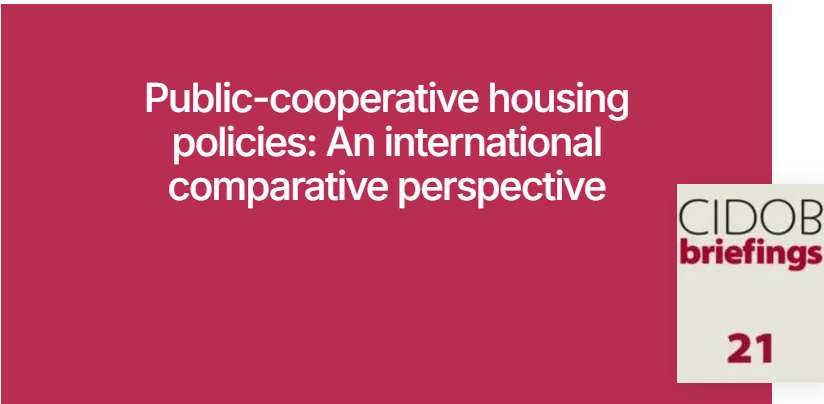
Public Cooperative Housing Policies: An International Perspective
Explore public policies supporting cooperative housing worldwide in this comprehensive report. Discover how governments and cooperatives collaborate to create sustainable and affordable housing solutions globally.
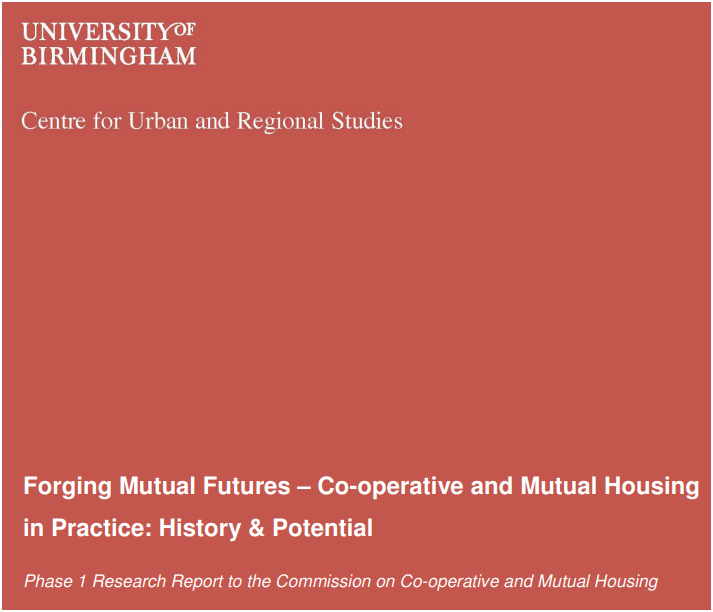
Forging Mutual Futures – Co-operative and Mutual Housing in Practice: History & Potential
This study by the Centre for Urban & Regional Studies explores the potential of housing cooperatives and mutual models to address these issues in the UK. It reviews past cooperative housing efforts, identifies factors affecting their success and sustainability, and assesses the potential of expanding these models to provide affordable, sustainable housing solutions.
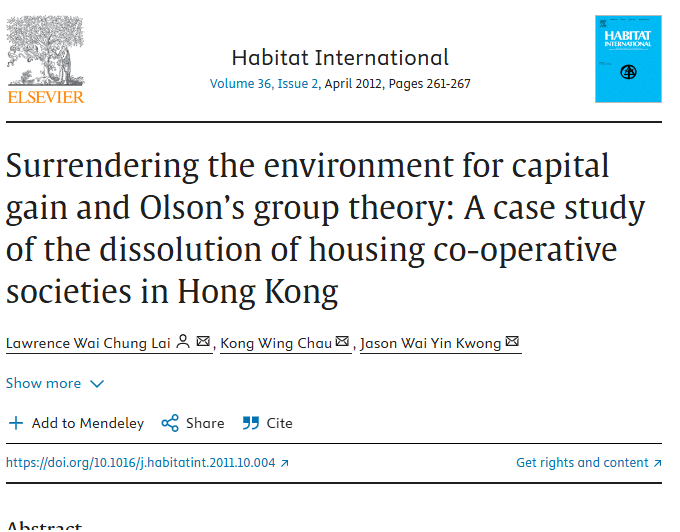
Surrendering the environment for capital gain and Olson’s group theory: A case study of the dissolution of housing cooperative societies in Hong Kong
This paper describes the rise of cooperative housing for civil servants and its fall during the transition of Hong Kong from a British colony to a special administrative region of the People’s Republic of China.

Housing Co-operatives in Germany: 160 Years of Evolution and Resilience
This paper examines the evolution and resilience of housing co-operatives in Germany from their beginning 160 years ago to the present against the backdrop of an ever-changing political, economic,
social, and cultural environment. The authors divide the discussion into five parts: 1803-1914 — The Rise of Housing Co-operatives; 1914-1933 — World War I and the Weimar Republic; 1933-1945 — Destruction of Housing Co-operative Values and Principles, and World War II; 1945-October 1990 — A New Beginning. Housing Co-operatives in East and West Germany; and Post-1990 — From Unification to Today’s Challenges.
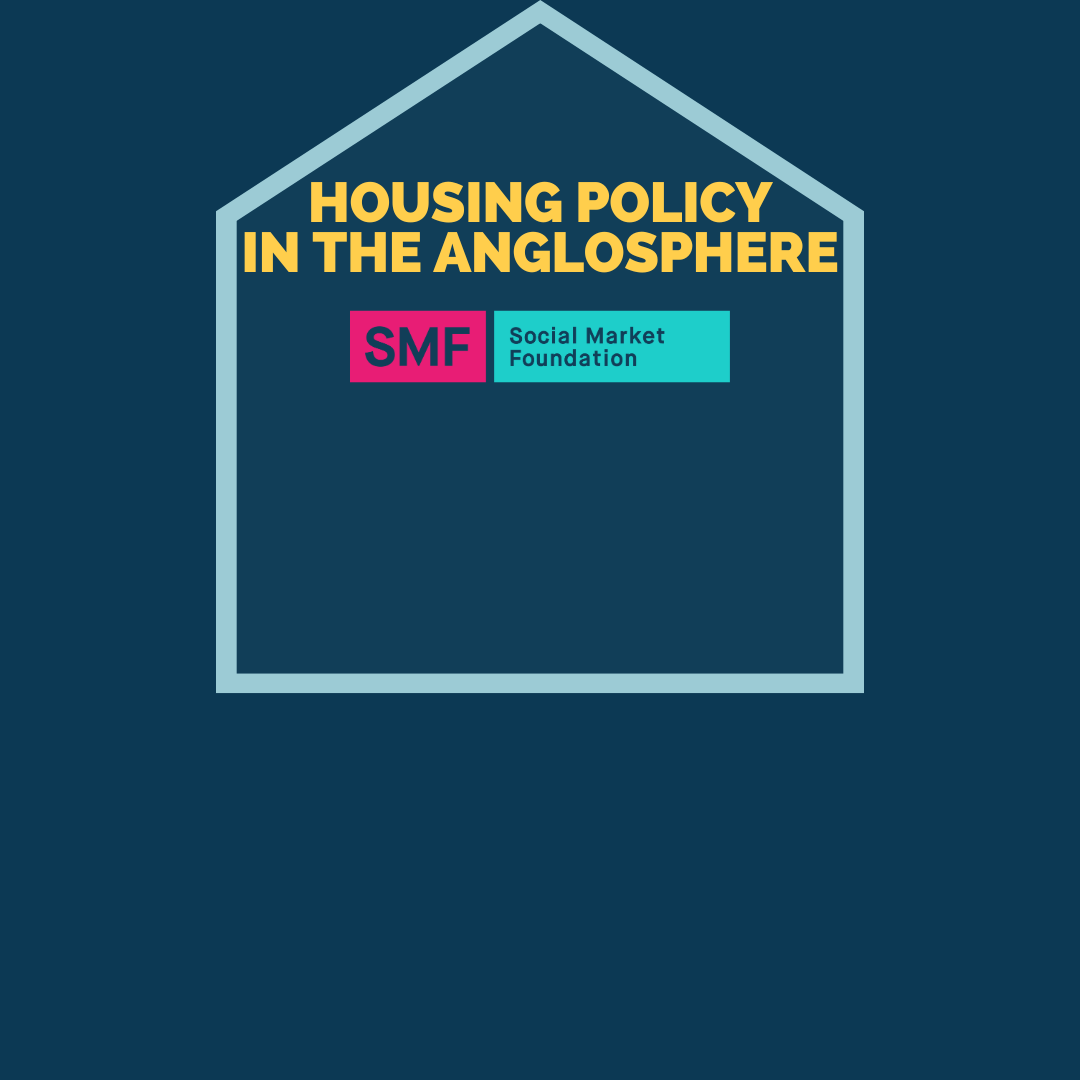
Housing Policy in the Anglosphere: Social Market Foundation Report Series on Housing
Five reports investigate housing policy from other countries for solutions to the UK’s housing shortage. Each of the five reports is a comparative study of housing policy internationally with a particular focus on Australia, Canada, Ireland and New Zealand.
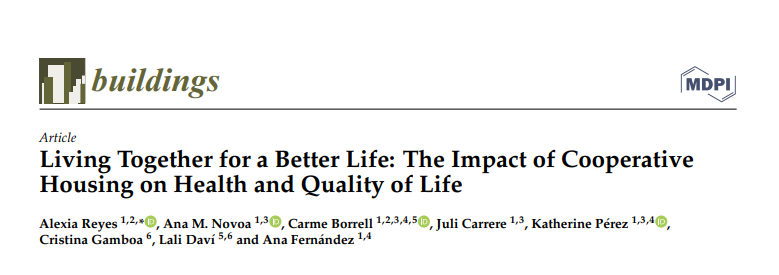
Living Together for a Better Life: The Impact of Cooperative Housing on Health and Quality of Life
This study explores the mechanisms that explain the relationship between cooperative housing under a Grant-of-use model and health in Catalonia. The benefits are mainly derived from sharing daily life; collectivizing risks and care work; and through the security provided by the long-term grant-of-use model. When public policies recognize, promote, fund & support these new models, it opens the door to an inclusive & transformative model, with the potential to generate healthier, more sustainable, & fairer communities. In conclusion, coop housing under the GoU model can have a positive impact on people’s health and quality of life.

Summary WIFO study: The Economic Impacts of Limited-Profit Housing Associations
There is a growing recognition amongst policymakers of the social and economic benefits of affordable and stable housing markets. Those benefits have been amplified by the ongoing pandemic and the financial difficulties … Read More

CIRIEC Working Paper: The system of limited-profit housing in Austria: cost-rents, revolving funds, and economic impacts
Limited-profit housing plays a significant role in Austria’s housing market. Around a quarter of all households live in homes owned or managed by a limited-profit housing association (LPHA). These associations are characterised … Read More


